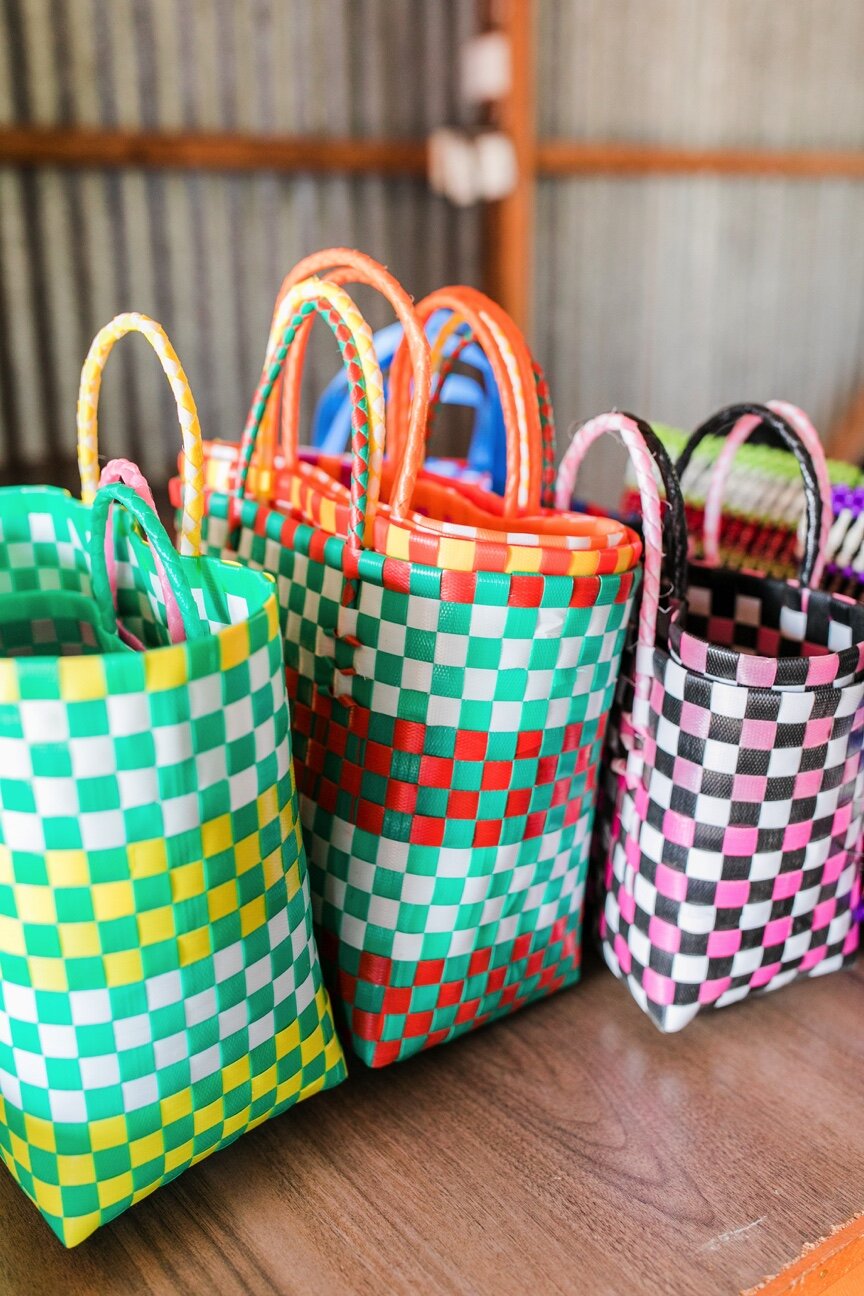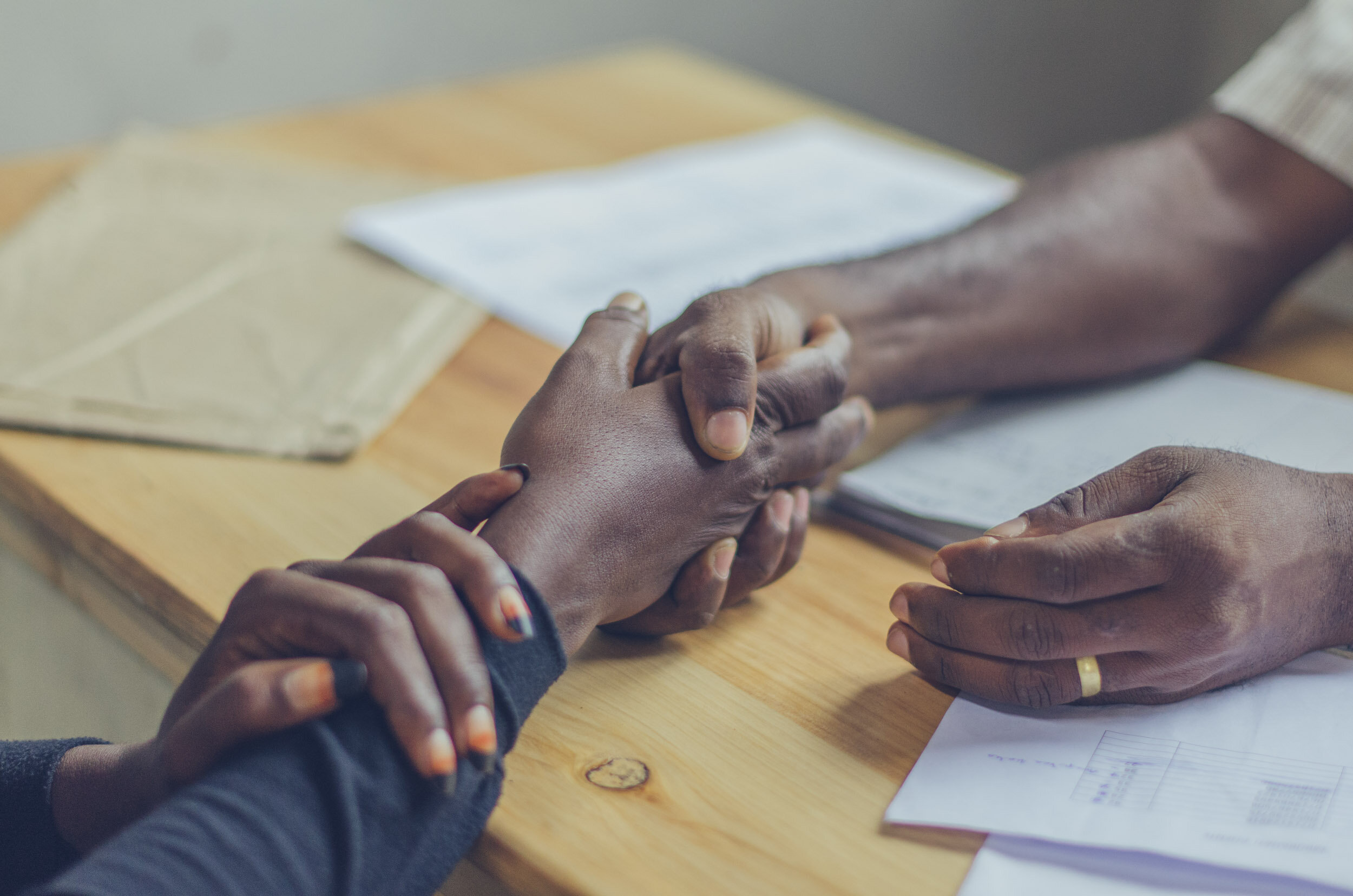The price of poverty is high for women and girls in East Africa.
In 2019, UNAIDS reported that AIDS-related illnesses were the leading cause of death for women between the age of 15 and 49. Globally, women and girls account for more than half of the number of people living with HIV and it’s estimated that each day, 50 adolescent girls die from AIDS-related illness, and 460 adolescent girls are newly infected with HIV.
At CARE for AIDS, we serve some of the most vulnerable people on the planet, and it’s no surprise that nearly 80% of our clients are women.
Today is World Menstrual Hygiene Day, and we are excited to join with other organizations around the world to facilitate conversations that begin to destigmatize women's health issues.
Economic Poverty and Menstrual Health
The cost of menstrual hygiene products can be an insurmountable barrier for women and girls across East Africa. In 2004, Kenya was the first country to remove taxes on menstrual hygiene products, yet two-thirds of women in Kenya still report not being able to afford sanitary pads. In rural areas, even simple access to these products can be challenging. According to the Tanzania Bureau of Statistics, the average woman spends 5-10% of her monthly income on period products. In contrast, American women report spending about 0.15% of their monthly income on period products.
This cost barrier leads to unhealthy and sometimes exploitative practices. Many girls make pads from old household rugs, which can lead to discomfort and even infection. Some girls feel forced to trade sex for sanitary pads, a devastatingly common practice in East Africa. Because of this, girls are more likely to experience gender-based violence and their risk of contracting HIV and other sexually transmitted diseases is greatly increased.
Lack of access to hygiene products means many women and girls feel homebound for the duration of their cycles, keeping them out of work and school. In Tanzania, 17% of adolescent girls report missing school because of their periods.
The COVID-19 pandemic recently highlighted the importance of school for young women in East Africa. During just three months of lockdown and school closings in Kenya in 2020, about 152,000 girls became pregnant, a 40% increase from the previous year.
How can you make a difference?
By investing in moms, you invest in girls.
Take Anne's story: Anne is a graduate of the CARE for AIDS center in Mwiki in Nairobi, Kenya. Anne has three children, and her 14-year-old daughter, Maryanne, is already benefiting from her mom's involvement in the program.
Anne has taught her daughter the practical skills she learned in the program. During the empowerment seminars, Anne learned how to make woven mats, bags, and wall decorations. She taught her daughter these skills, and together they have started a thriving business. By empowering one mother, a whole family has been impacted, and now both Anne and Maryanne are bringing in an additional income, which means they now have access to the health and hygiene products they need to thrive.
Former president of Malawi, Joyce Banda, said, "The seeds of success in every nation on Earth are best planted in women and children."
At CARE for AIDS, we believe that to see a community thrive, you must invest in the lives of women and girls. CARE for AIDS staff in East Africa are trained and experienced in women's health issues and also have training in water, sanitation, and hygiene protocols. During home visits each month, CARE for AIDS health counselors address general hygiene and sanitation and, when necessary, train clients on topics of sexual and reproductive health. Thanks to our generous partners at Johnson Ferry Baptist Church in Marietta, GA, CARE for AIDS clients also receive free, reusable sanitary pads. Health counselors teach clients and their adolescent daughters how to use these pads, and some clients have even learned how to make them and have been equipped to train other community members in menstrual health and hygiene.
As women journey through the CARE for AIDS program, they are being equipped and empowered to keep themselves and their families healthy. Through women's health education and economic empowerment, a world without period poverty and stigma is possible!
To learn more about this topic, read the 2019 UNAIDS Report on Women and HIV.






